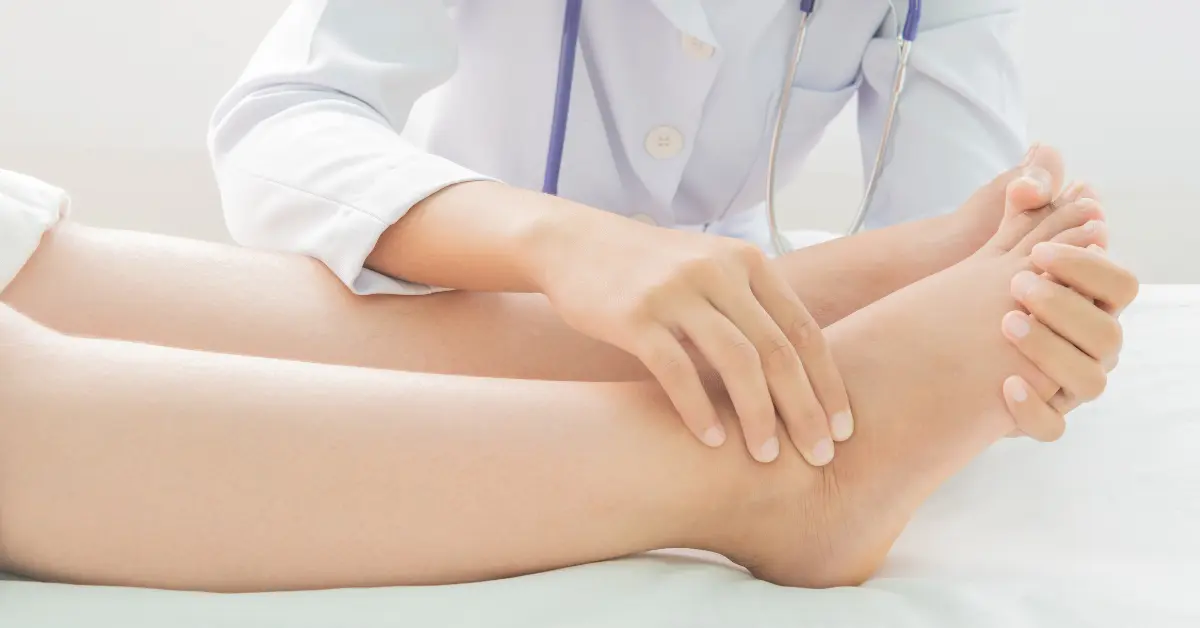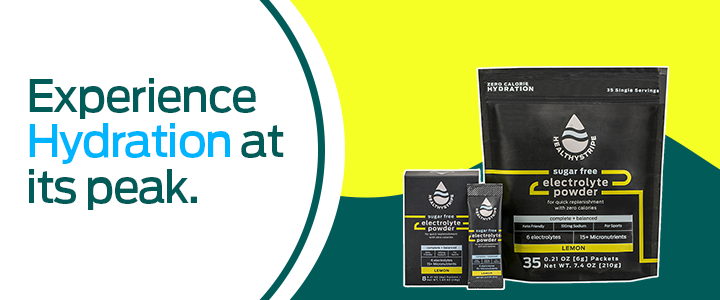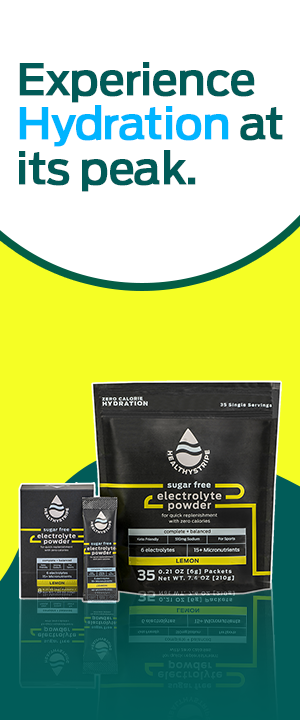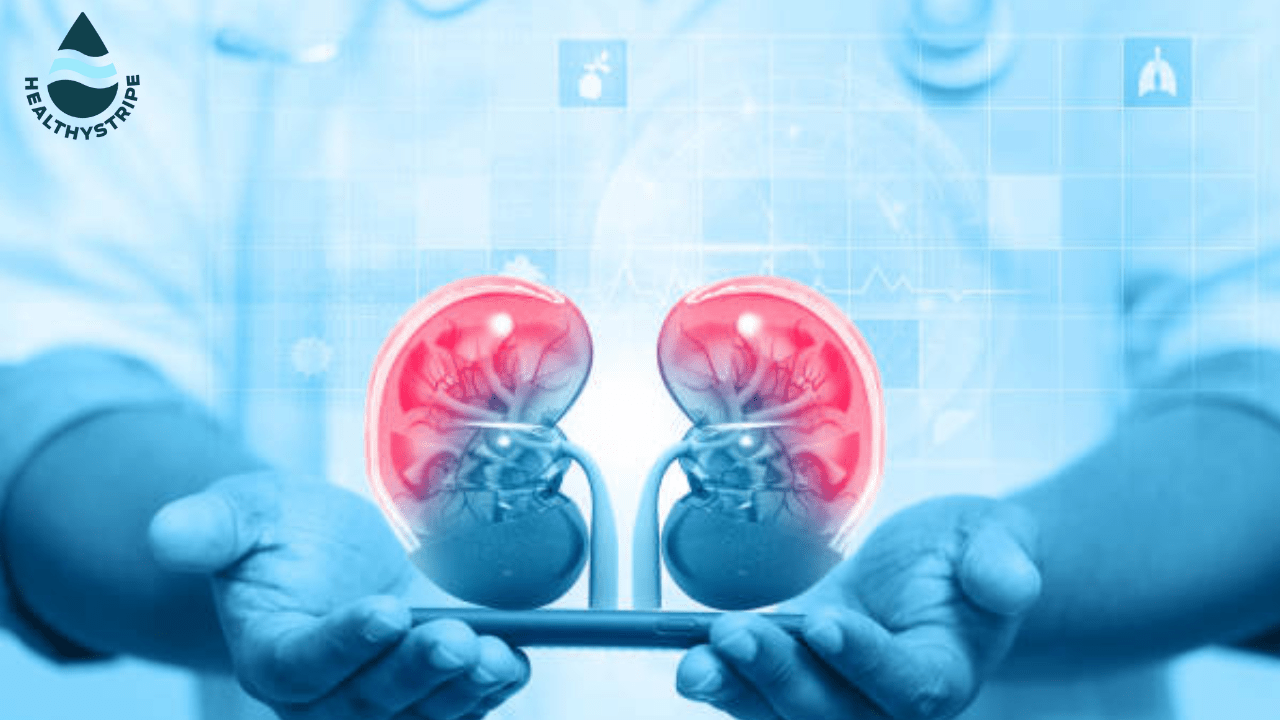Water Retention: Causes, Symptoms, and Treatments

“Thousands have lived without love, not one without water.” said H. Auden. We are all creatures of water, carrying the ocean in our bodies. Water is an integral part of our cells, blood and tissue fluids.
We must drink it regularly for our continued good health and survival. But sometimes our body fails to circulate water properly leading to the retention of water in all the wrong places.
This may have serious negative consequences for our well-being. Let’s find out more about this condition!
What is Water Retention?
Water retention refers to an excess buildup of water or fluids in the body. It is also known as oedema. This fluid may be retained in the circulatory system or in tissue spaces and cavities. You may notice swollen ankles, and feet, bloating or sudden fluctuation in body weight.
Causes of Water Retention
What are the main causes of water retention? There may be many factors behind water retention
Diet
You might be consuming too much salt. While sodium is extremely important for our body functions, excess of it may lead to water retention that might cause volume overload and high blood pressure.
Hormones
Do you notice bloating during your menstrual cycle? Female hormones, estrogen and progesterone cause a fluid imbalance that may make you seem bloated.
Posture
Long hours of standing or sitting aka lack of movement may cause water retention resulting in swollen feet and ankles.
Damage to Capillaries
Capillaries are the smallest blood vessels in our bodies. They are principally involved in fluid exchange in our body and any injury to capillaries either through medications, trauma or disease leads to a derangement in fluid exchange and oedema.
Kidney Disorders
The kidneys play a vital role in the maintenance of fluid balance in our bodies. They regulate the quantity of water excreted through urine. Chronic kidney disease impairs the kidneys’ ability to adjust the concentration of urine. It leads to fluid retention.
Congestive Heart Disease
When the heart starts to fail in its pumping duties, fluid starts accumulating in the body leading to oedema.
Pregnancy
Pregnancy leads to a surge in hormones such as progesterone which may cause water retention and swelling of the ankles.
Obesity and Sedentary Lifestyle
Being overweight places inordinate weight on our feet and ankles and causes water retention. A sedentary lifestyle further exacerbates this condition and increases the risk of diabetes and hypertension- both of which in turn increases the risk of fluid retention.
Lymphatic System Disorders
The lymphatic system is a key component of the fluid exchange system in our bodies and carries white blood cells and fluids from all over the body. Any damage or blockage in the lymph vessels due to infection or tumours may result in water retention.
Medication
A whole slew of medications may cause fluid retention. Some groups include oral contraceptives, painkillers, corticosteroids, diabetes and hypertension medication.
Malnutrition
Water retention is a common feature in severe protein deficiency cases such as kwashiorkor due to a lack of albumin protein.
Trauma
Some studies show that in post-trauma cases especially in cases of shock patients have been found to retain water in their system. However, the relationship between the two is debatable.

Come on in for free!
Read, learn and become a better version of yourself by getting great trends on nutrition and wellness straight to your inbox.
Signs and Symptoms of Water Retention
The symptoms of water retention are quite easy to recognise
- Swelling- Swelling in the affected part of the body. In some cases, oedema is localised to parts such as the lower legs or hands but in other instances, it may be generalised and affect the whole body.
- The affected body parts may be tender and painful.
- Colour Change- Skin in the affected region may change colour and become shiny.
- Pitting- Pressing the region with your fingers may cause the skin to sink. This is known as pitting oedema.
- Joint Ache- Joints may be stiff and ache.
- Poor Body Function- Fluid retention in the brain may cause dizziness, disorientation and loss of cognitive function.
- Respiratory Distress- Water retention in the lungs or pulmonary oedema may cause difficulty in breathing, chest pain and weakness.
Also Read: Watery Diarrhea: Causes, Symptoms & Treatment
Treatments of Water Retention
Water retention is primarily treated by treating the cause
- Observe- Often no treatment is the best treatment. Let the body heal itself. Mild cases of oedema often resolve spontaneously.
- Dietary Changes- Changes in the diet may be needed if salt or malnutrition are the causes.
- Medication- Water pills or diuretics may be used as medication but they are not a long-term solution as they may cause damage to the kidneys.
- Remove the cause- Treatment for the underlying condition such as diabetes or hypertension
- Lifestyle changes- Incorporate more exercise and reach a healthier weight.
- Get your medicines reviewed- Change medication that could possibly be causing fluid retention.
- Compression stockings- Support stockings may relieve leg oedema.
Also Read: Hyperhidrosis (Excessive sweating): Causes, Symptoms, Treatment
Prevention of Water Retention
Prevention of fluid retention may be done by following these steps
- Reduce salt intake in your diet as high amounts of sodium may lead to hypertension and oedema.
- Have a potassium-rich diet eg- spinach and leafy veggies.
- Wear support stockings.
- Include some sort of movement in your daily life. You may start with short walks or yoga for beginners.
- Avoid maintaining the same position for extended periods of time.
- Work on losing weight if you’re obese. 30min of cardio is recommended for maintaining heart health.
Conclusion
To sum it up, balance is the key. Listen to your body. If you notice signs of oedema, consult your doctor. Most of the cases are preventable if intervention is done on time.
Water Retention Related FAQS
How do you get rid of water retention fast?
What are the signs of water retention?
If you notice swollen ankles, feet with pitting, a puffy face, bloating or a sudden rise in body weight you might be having oedema.
How does water retention go away?
In most cases, water retention goes away with exercise, probiotics and dietary changes. However, if you are having any underlying cause like kidney or liver damage or a wound, you should consult your physician.









